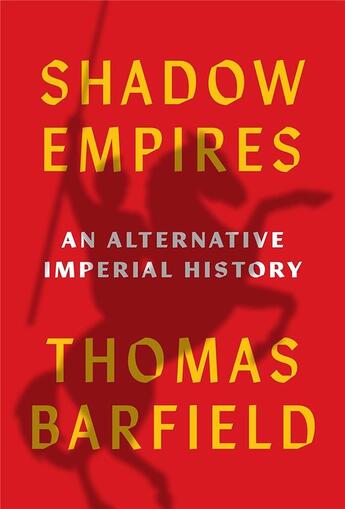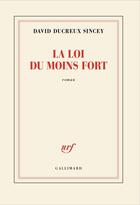Résumé:
An original study of empire creation and its consequences, from ancient through early modern times.
The world's first great empires established by the ancient Persians, Chinese, and Romans are well known, but not the empires that emerged on their margins in response to them over the course of... Voir plus
An original study of empire creation and its consequences, from ancient through early modern times.
The world's first great empires established by the ancient Persians, Chinese, and Romans are well known, but not the empires that emerged on their margins in response to them over the course of 2,500 years. These counterempires or shadow empires, which changed the course of history, include the imperial nomad confederacies that arose in Mongolia and extorted resources from China rather than attempting to conquer it, as well as maritime empires such as ancient Athens that controlled trade without seeking territorial hegemony. In Shadow Empires, Thomas Barfield identifies seven kinds of counterempire and explores their rise, politics, economics, and longevity.
What all these counterempires had in common was their interactions with existing empires that created the conditions for their development. When highly successful, these counterempires left the shadows to become the world's largest empires-for example, those of the medieval Muslim Arabs and of the Mongol heirs of Chinggis Khan. Three former shadow empires-Manchu Qing China, Tsarist Russia, and British India-made this transformation in the late eighteenth century and came to rule most of Eurasia. However, the DNA of their origins endured in their unique ruling strategies. Indeed, world powers still use these strategies today, long after their roots in shadow empires have been forgotten.
Looking afresh at the histories of important types of empires that are often ignored, Shadow Empires provides an original account of empire formation from the ancient world to the early modern period.
Donner votre avis














